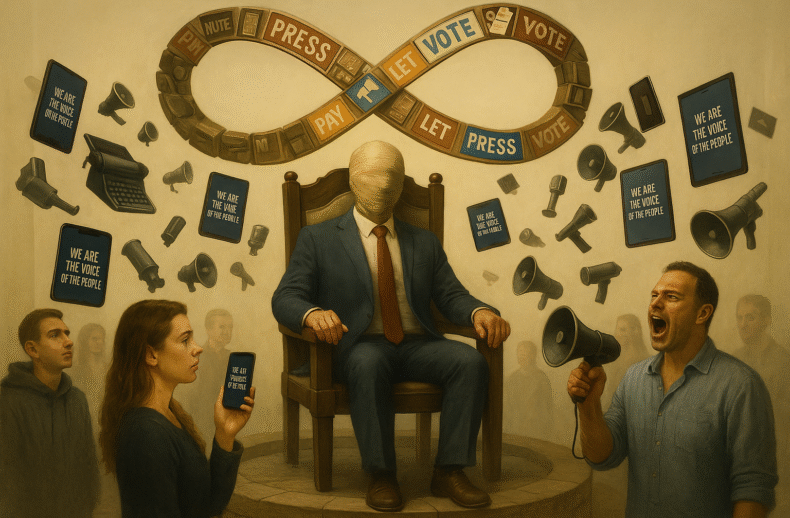Empires collapse not when they are defeated, but when they can no longer sustain the image they perform.
From Rome to Britain to the United States, the same pattern repeats: recognition replaces function, status overtakes structure, and appearance becomes more important than integrity.
Eidoism sees this not as tragedy, but as exposure—when the loop breaks form, collapse is just the next performance.








